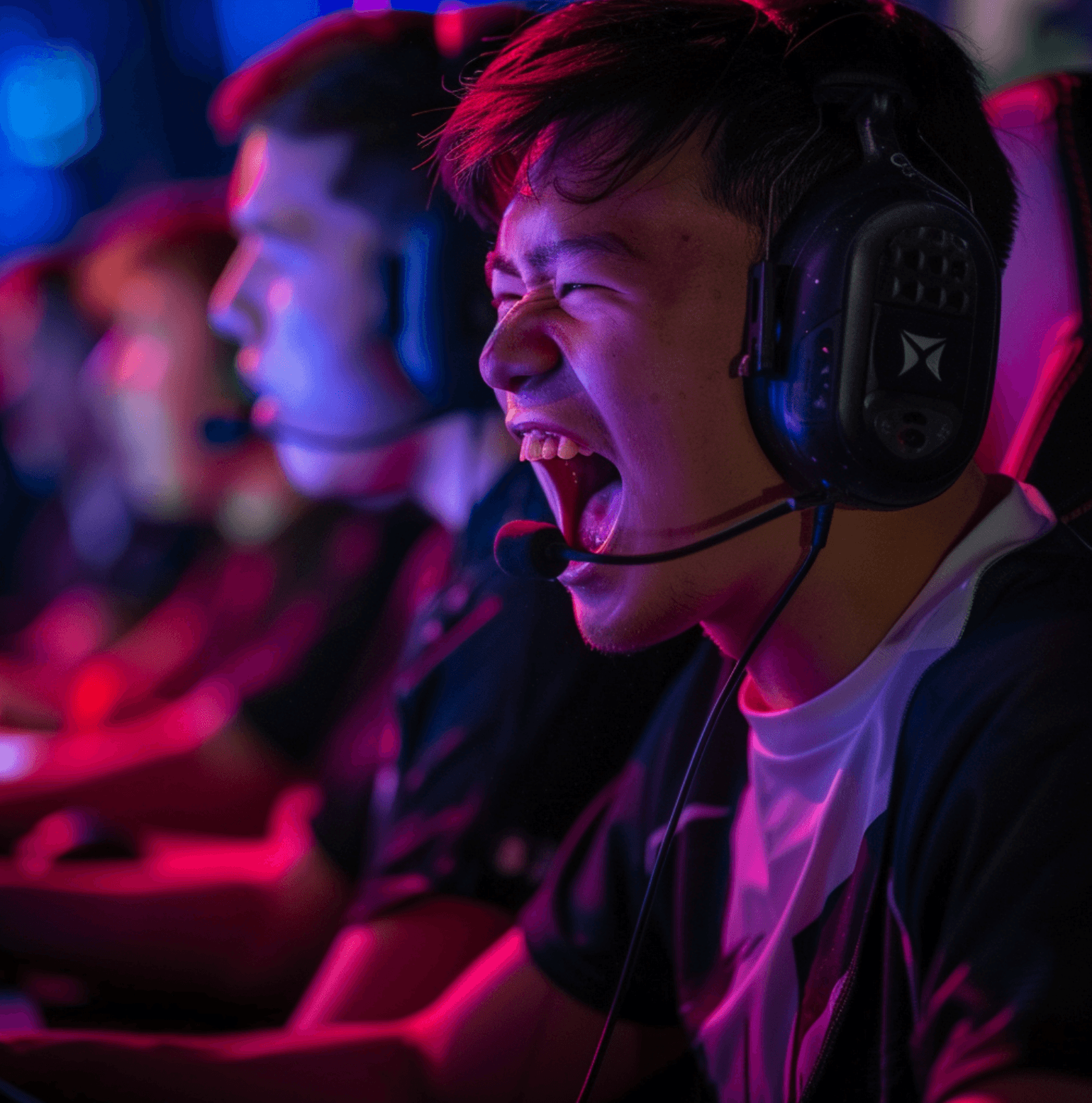Understanding Gamer Rage
Healthy Environments: Organized Esports Are Transforming Gaming

The online gaming world, often criticized for its toxic behavior, is experiencing a transformative shift. Organized esports leagues are leading the charge to create a safer and more supportive environment for young gamers, particularly those in middle and high school. This movement is not only improving the gaming experience but also encouraging more parents to view esports as a constructive part of their children's lives.
The Challenge of Toxicity in Online Gaming
Online gaming toxicity has been a longstanding issue, characterized by aggressive language, bullying, and even harassment. A study by Ditch the Label (2020) reported that 57% of young gamers had experienced bullying in online games. Such environments can be particularly harmful to young players, affecting their social skills and mental health.
The Role of Esports Leagues
In response, organized esports leagues are stepping up to foster inclusivity and respect among players. These leagues implement strict codes of conduct, real-time monitoring of behavior, and severe penalties for violations. By doing so, they aim to create a competitive yet respectful atmosphere.
Structured Environment
Esports leagues offer a structured environment that is often lacking in casual online gaming. This structure includes:
-
Clear Rules and Regulations: Leagues enforce rules that prohibit toxic behavior, with consequences clearly outlined for violations.
-
Supervision and Coaching: Coaches and supervisors are often part of league play, providing guidance and immediately addressing any signs of misconduct.
-
Skill Development and Teamwork: Beyond just playing games, leagues focus on developing skills like strategic thinking and teamwork, which are valuable beyond gaming.
Educational Benefits
Organized play in esports leagues also emphasizes educational benefits. Many leagues partner with educational institutions to integrate esports into curricula, promoting STEM learning and critical thinking. For example, the Yes League has initiatives that tie gameplay to academic success.
Community and Support
Creating a sense of community is another crucial aspect. Leagues often include features like forums, team chats, and social media groups where positive behavior is promoted and reinforced. These platforms also provide a space for players to report any negative interactions without fear of reprisal.
Impact and Success Stories
The impact of these structured environments is notable. According to a 2021 survey by the Esports Youth Club, players involved in leagues reported a 40% decrease in encounters with toxic behavior compared to regular online gaming. Additionally, 70% of parents noticed an improvement in their child’s communication skills and self-esteem.
Looking Forward
For parents considering esports for their children, the evolving structure of these leagues offers a compelling argument in favor of organized play. With their emphasis on healthy competition, education, and community, esports leagues represent a significant shift in how online gaming is perceived and experienced.
Organized esports leagues are not just cleaning up the gaming environment; they are setting a new standard for how young people can engage in gaming as a constructive and enriching part of their lives.